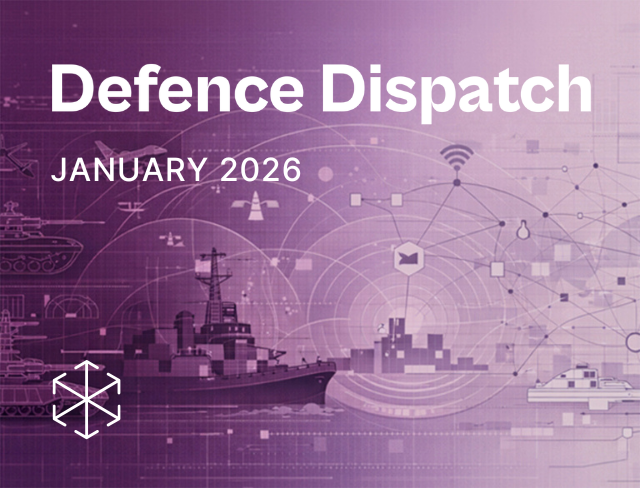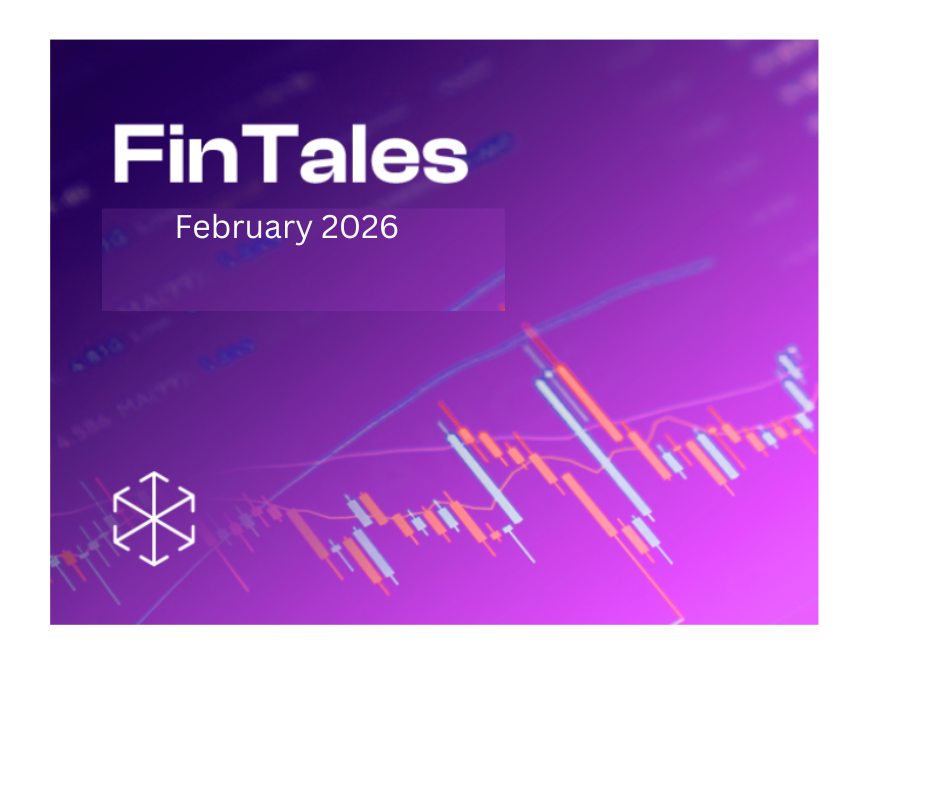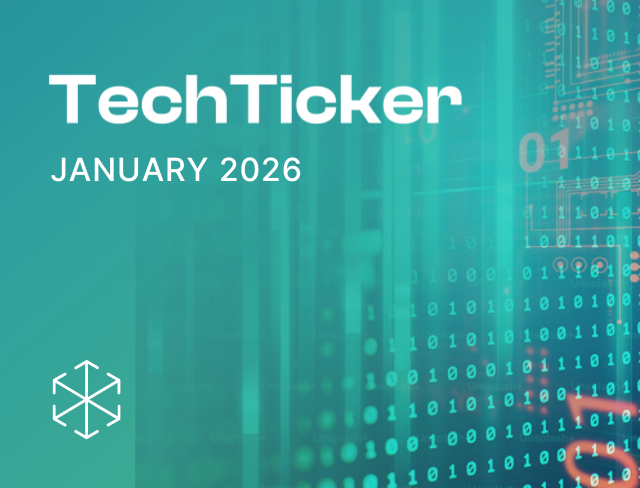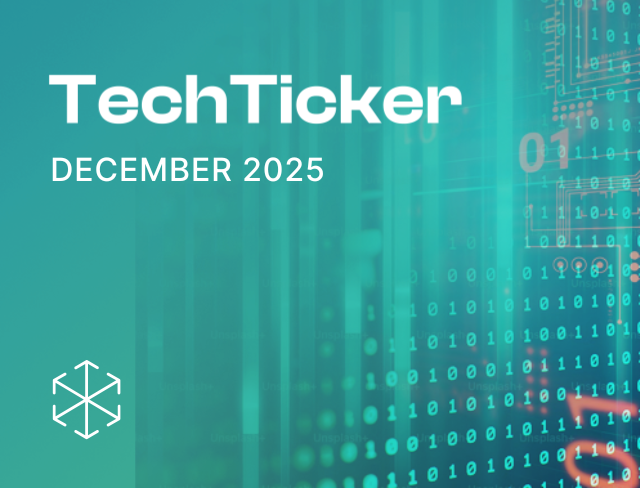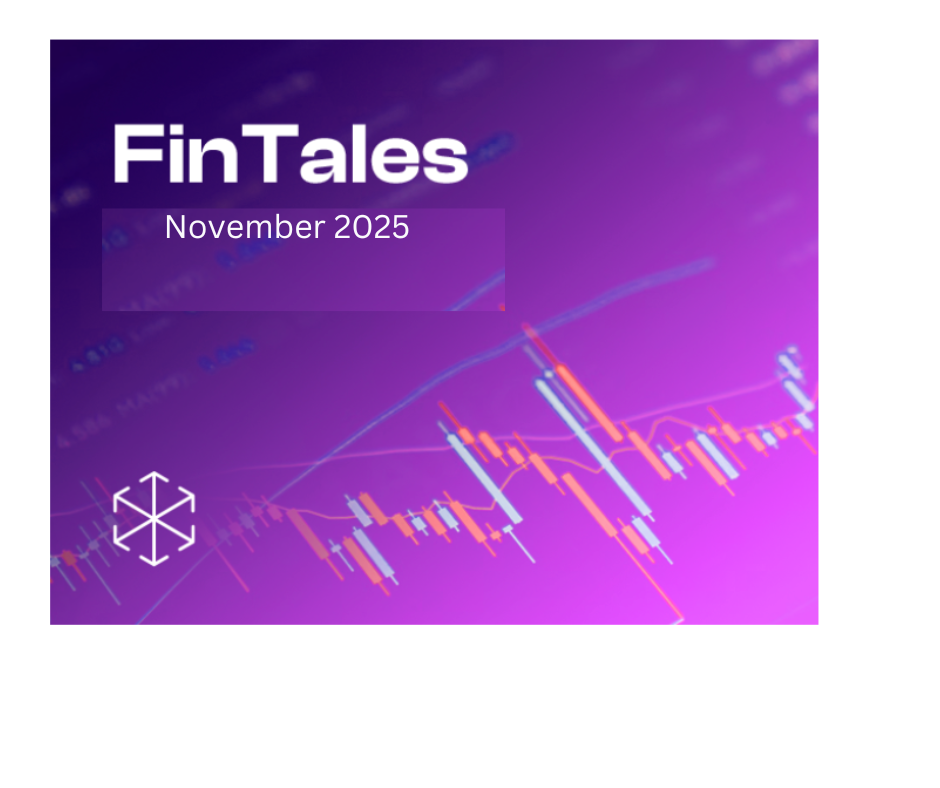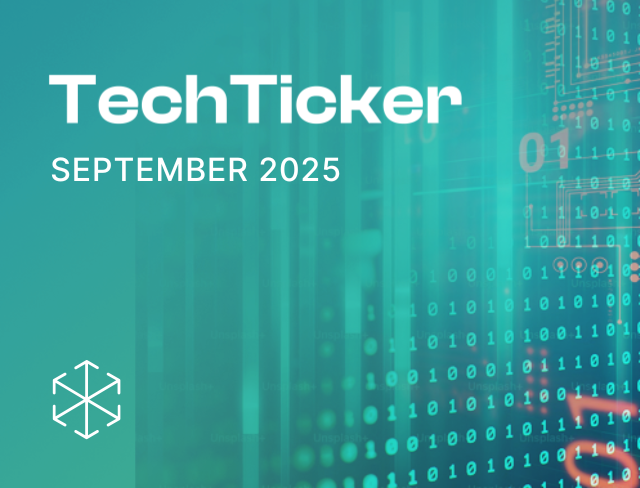January was 784 years long and February lasted 2 minutes. On that note, with the general elections around the corner, there’s a lot happening on the tech policy front. There’s finally some movement on the new digital competition law and there’s also a new AI advisory. Covering this and more, here’s this month’s TechTicker!
The long lost Digital Competition Law - After what seemed like an unplanned hiatus, the Committee on Digital Competition Law (CDCL) is back in action. The Committee has published its report on the need for a separate Digital Competition Law and a draft Digital Competition Bill, 2024. The Ministry of Corporate Affairs is inviting comments on the report and the Bill till the 15th of April, 2024.
Some history - First, there has been an increasing global trend towards enacting ex-ante legislations to regulate digital markets, Second, forecasts suggest that India's digital economy will reach USD 1 trillion by 2025-26. This prompted several domestic startups to ask for a level-playing field to be created between them and established technology companies. The CDCL was set up in February 2023 after the Standing Committee on Finance noted in a 2022 report that the existing competition law framework in India may not be sufficient to deal with the challenges posed by digital markets. The Standing Committee had recommended that a fair and contestable digital ecosystem may require a separate Digital Competition Law (DCL). So the Ministry of Corporate Affairs constituted a 16-member CDCL, with a three-month tenure to prepare a report on the need for ex-ante regulations in India and a draft DCL. Alongside, the CDCL was to review whether existing provisions in the Competition Act, 2002 and the rules and regulations under it are sufficient to deal with the challenges that have emerged from the digital economy.
Balancing innovation and regulation in the digital economy is a challenge for competition authorities worldwide. And digital markets go beyond the traditional two-player market structure that has a buyer and seller, and platforms place themselves as intermediaries between the two. So, the argument that traditional market regulation norms may not be efficient does hold weight. However, it is also true that regulators are still working with the traditional paradigm of consumer protection being the primary goal when it comes to competition regulation. Hence, the argument that existing competition regulation frameworks (with some upgrades) should still be able to deal with digital markets is also just as plausible. In fact, this is what the Competition Law Review Committee had also concluded in their 2019 report. The other argument in favor of an upgraded status quo is also that yet another new law targeting digital regulation may just push everything into the realm of over-regulation without necessarily achieving the intended aims (the law of diminishing returns would apply to…laws as well, right?).
What we've heard so far - Much was said about the CDCL and the DCL. It was reported that the CDCL studied the competition law frameworks of many countries including Australia, Korea, Japan, US, and UK and that it was unlikely that the revamped framework would be entirely patterned on the European Union’s Digital Markets Act. We also heard that Nirmala Sitharaman and the Minister of IT, Rajeev Chandrasekhar met to discuss the contours of the Digital India Act (DIA) and the DCL and their possible overlap. The IT Minister clarified that the DIA will prescribe broad principles for the digital competition space, with the DCL taking the lead in formulating and enforcing specific rules related to the sector. Both the ministries agreed to adopt a ‘whole of Government’ approach towards digital markets. The DIA is likely to contain a chapter on ‘openness’, which is expected to deal with various competition issues in the digital space and establish broad-based principles related to the sector, including defining market power, and market imbalances.
What happened then - The CDCL was initially supposed to submit its report in May 2023. However, even after multiple month-long extensions, there was no sign of a conclusion to the CDCL’s proceedings. In July 2023, the Standing Committee on Finance also urged the CDCL to finalize its report soon. Still, the last reporting in November 2023 suggested that the CDCL had hit an impasse and that the committee was facing a deadlock. Since then we hadn't heard much about the CDCL or even the need for a separate digital competition law that we'd been hearing about almost throughout the year.
Roaring back to life - After a long moment of silence, the CDCL is back in the news because it has finalized its recommendations. The CDCL’s report has now been submitted to the Finance Ministry and is now open for public comments. You can send in comments through the E-consultation page on the MCA’s website here. In all, as expected, the CDCL has now taken a stance and suggested a complementary approach between ex-ante and ex-post regulations. We’ll be doing a deep dive on the report and the Bill in the next edition of the TechTicker, look out for the same!
New month, (new) two new AI advisory - The IT Ministry issued yet another advisory regulating AI-generated content on 1 March 2024. This followed a previous advisory on limiting the spread of AI-generated deepfakes issued on 26 December 2023. While the earlier advisories focused on curbing AI-generated synthetic content and misinformation, this advisory aimed to deepen the regulation on algorithms and AI-models. The rather broadly and vaguely worded advisory sought intermediaries to ensure that their AI tools are not used to transmit unlawful content as identified under the IT Rules. It needed intermediaries to prevent ‘bias’, ‘discrimination’ and ‘any threat to electoral integrity’ and get prior government approval before the public launch of ‘under-tested’ AI models. It also asked intermediaries to consider labeling or embedding content synthetically created with their AI/software with a permanent unique metadata or identifier.
In a follow-up clarification, Rajeev Chandrasekhar mentioned that the advisory applied only to ‘significant platforms’ and not start-ups. Neither the IT Act nor the IT Rules call out ‘platforms’, so there remained an ambiguity surrounding how AI tools are to be categorized and to whom exactly the advisory applies. Based on context, since the earlier advisories aimed to curb the spread of deepfakes and AI-generated misinformation, one could assume that it applied to social media platforms. However, GPTs and AI tools like ChatGPT, Gemini and Bard have also been under the government’s radar for a while, so it seemed unlikely that the advisory was not applicable to them. In all, the advisory was much cause for confusion.
Plot twist - hen on 15 March, the IT Ministry came out with another advisory that superseded the previous one. The latest advisory removes the prior government approval requirement for ‘under-tested’ AI models, but still requires deployers to appropriately label the output generated by such models as being fallible or unreliable. The advisory also suggests that users can be notified about this fallibility/unreliability through ‘pop-ups’ when using the AI model. The requirement for adding a unique metadata/identifier for AI-generated content is retained in this advisory as well. The IT Ministry has advised intermediaries facilitating the creation, generation, or modification of content which can become potentially misleading (such as use of AI to create deepfakes) to label such content with unique identifiers.
However, these advisories have not been issued citing any specific section of the IT Act or the IT Rules, so the link between the advisories and the due diligence obligations under the IT Rules (Rule 3(1)(b)) remains unclear.
PPP to promote innovation in India’s Techade - The Indian government has signed memoranda of understanding (MoUs) with leading tech companies such as Google, Meta, and IBM to encourage innovation and investment in the country's emerging technology sector. IT Minister, Rajeev Chandrasekhar has said that these collaborations are aimed at enhancing India's technological capabilities. The MoUs focus on advancing areas like AI, semiconductor technology, quantum technology, and language inclusivity. Partnerships with Google and Meta aim to promote AI and emerging technologies, while Google is already collaborating with the NITI Aayog to address challenges like flood forecasting and healthcare monitoring in India, using machine learning applications.
Something to look out for!
If you didn’t already catch the mention of the general elections in this month’s Ticker, unskippable political campaign ads on social media must have informed you about the upcoming general elections. We are excited! And we are sharing this excitement by bringing out a couple of election focused editions of the TechTicker in the coming couple of months. Stick around for more!
That’s it from us. See you next month. If you enjoyed reading TechTicker, do share it.

